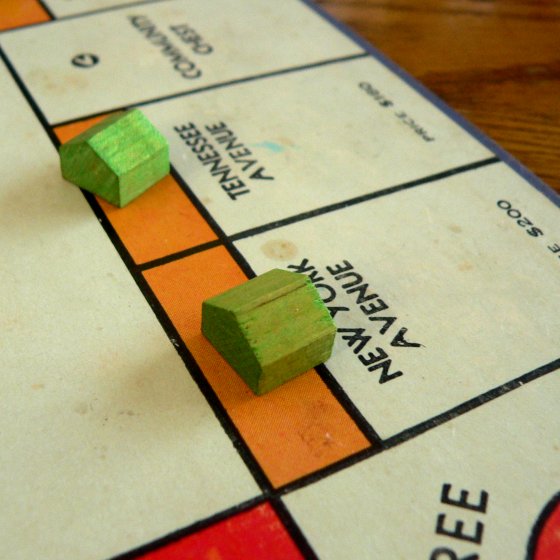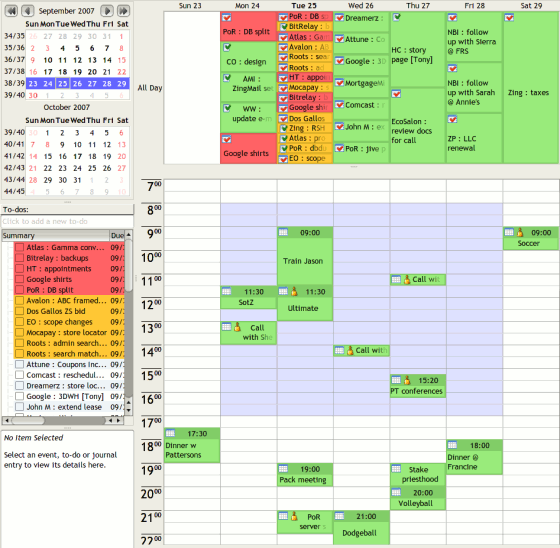The War in Iraq has cost about four hundred and fifty-three billion dollars to date. What did we get for our money?
The original deal– as presented to us– was to disarm Saddam Hussein for $50 billion. If we didn’t do it right away, the smoking gun would be a mushroom cloud.
Bizarre, but true, that was actually accomplished. And for far less. It wasn’t difficult, since Saddam was already disarmed. But by massing our troops and demanding UN resolutions, Saddam was forced to let the inspectors in so that we got to see it for ourselves.
But the administration was set on war! We’re not actually sure why; perhaps they aren’t either. So they told us that the inspectors were associated with the UN. They were Swiss or French or some other foreigners, and therefore, unlike Americans, they were easily conned. Their failure to find WMDs didn’t mean there weren’t any. It really meant that Saddam was super tricky as well as super evil.
So the goal slipped from disarming Saddam to removing Saddam.
Removing Saddam was going to be a magic moment. It was going to be like a Disney animated feature. When the ogre was slain, the entire kingdom would break out with flowers and the flowers would dance and sing. And welcome the Americans as liberators!
That’s not all we were going to get for our investment. We were going to get much, much more!
We would strike a blow in the war on terror! Keep (non-existent) weapons of mass destructions out of the hands of a dictator who might give them to terrorists. Establish a democracy in the Middle East. Bring stability to the region and hope to other people under evil dictators. Make Israel safer.
Most of all it would be a demonstration!
We would smite our foe like the Lord God Almighty, throwing thunderbolts and parting the very seas, so that all who saw would quake in fear and tremble before us. That’s the colorful, theological version, but it is, in fact, what the administration expected.
We were a beneficent power, too. We were going to rebuild Iraq. George Bush said it was going to be “The greatest financial commitment of it’s kind since the Marshall Plan!”
Was that going to cost us more?
No. “We are dealing with a country that can really finance its own reconstruction, and relatively soon,” said the ever astute Paul Wolfowitz, deeply knowledgeable about third world countries, war and finance.
But it wasn’t a Disney movie. The commander-in-chief and his crew were wrong in their assumptions and incompetent in execution.
If they stop, they will have to admit that we got nothing for our money. If they go forward, it’s not their money. Or their bodies. While it may not be in our interests, it’s in their interests to turn the war into the Energizer Bunny, endlessly, mindlessly, going and going and going.
One question that should be asked, but hasn’t been, is where did the money actually go? The answer is that nobody really knows. The Government Accounting Office said that because of the way the Department of Defense handles its money, “neither DOD nor the Congress reliably know how much the war is costing and how appropriated funds are being used.”
The Armed Forces have been so privatized that General Patraeus is not guarded by soldiers, but by private contractors. When we pass a bill for billions to ‘support the troops,’ we have no way of knowing how many troops we’re supporting or how much money is supporting them. It would be at least as accurate to say it’s a bill to support Halliburton, Blackwater and the General’s private security guards.
George Bush’s version of the Marshall Plan, the reconstruction, is even worse. There is less electrical service than before the war. There are fewer functioning schools, hospitals and medical facilities. There is no one to staff them if they had been built, since so many of the people with skills have been killed or driven out of the country. Water and waste treatment is so inadequate that a cholera epidemic is appearing.
A cost-benefit analysis would say that what we have achieved is in the minus column… that we spent forty billion dollars to get deconstruction.
Alright, there was waste, corruption and profiteering on a grand scale. Alright, the Iraqis didn’t get anything for money, except hundreds of murderous, petty tyrants to replace one, grand, bloody dictator. But what did we get for our money?
We didn’t get rid of the WMDs, because they weren’t there.
We got rid of Saddam Hussein. He was replaced by a nominal democracy, and an actual chaos. Murder, rape, gang violence, civil war, revenge killings, semi-tribal war, have become the norm.
Al Qaeda not only survived, it got stronger.
The Middle East is less stable.
Israel looks more vulnerable.
Iran has been strengthened.
Instead of being a demonstration of irresistible power, the war exposed the limits of American power.
Iraq has become the textbook on how an insurgency can defeat a major power.
George Bush said this was a war for civilization. In the course of it, we have rejected the Geneva Conventions, the Nuremberg Principles, and the rule of law. We have embraced torture, failed to protect and provide for civilians in a country under our occupation and allowed the monuments and treasures of an ancient civilization to be looted and destroyed. Who is it that’s fighting for civilization?
Has anyone benefited from this war? Yes.
Before the war Halliburton was facing bankruptcy. Now they’re doing very well, along with a host of other military contractors.
The really big winners are Iran and Al Qaeda.
Osama bin Laden was a murderous madman, an outlaw hiding the caves of Tora Bora. Now Al Qaeda has a new base in Iraq and controls at least one province. His goal was to get America into a war like the one the Soviets fought, and lost, in Afghanistan. Which he did. He also wanted an actual world wide conflict between Islam and the West. He got that too.
Iran wanted Saddam Hussein gone. To have Shia’a groups, with ties to Iran, come to power afterward. For America to be weakened and to have its forces tied down so they could pursue their nuclear ambitions. They got all that.
Those are some of the costs. And now you know who benefitted.





